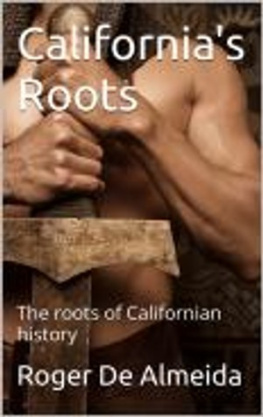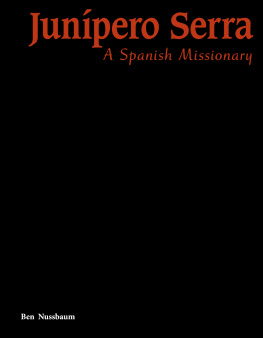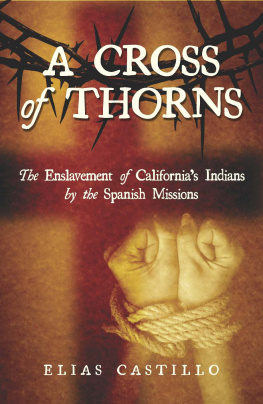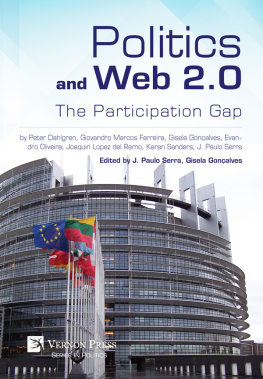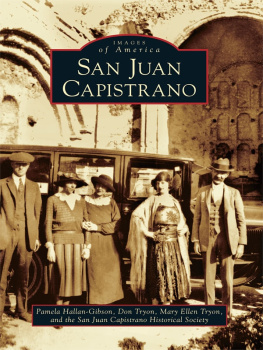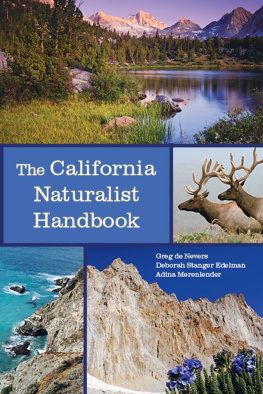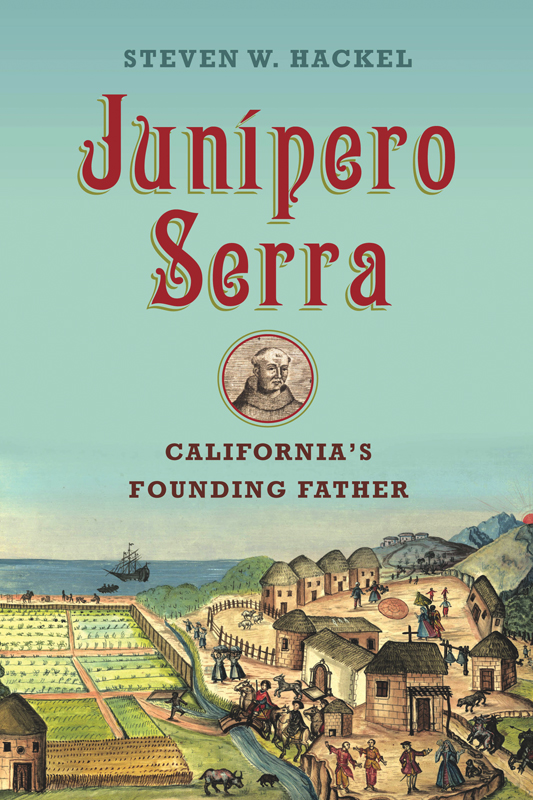Steven W. Hackel - Junipero Serra: Californias Founding Father
Here you can read online Steven W. Hackel - Junipero Serra: Californias Founding Father full text of the book (entire story) in english for free. Download pdf and epub, get meaning, cover and reviews about this ebook. year: 2013, publisher: Farrar, Straus and Giroux, genre: Detective and thriller. Description of the work, (preface) as well as reviews are available. Best literature library LitArk.com created for fans of good reading and offers a wide selection of genres:
Romance novel
Science fiction
Adventure
Detective
Science
History
Home and family
Prose
Art
Politics
Computer
Non-fiction
Religion
Business
Children
Humor
Choose a favorite category and find really read worthwhile books. Enjoy immersion in the world of imagination, feel the emotions of the characters or learn something new for yourself, make an fascinating discovery.

- Book:Junipero Serra: Californias Founding Father
- Author:
- Publisher:Farrar, Straus and Giroux
- Genre:
- Year:2013
- Rating:4 / 5
- Favourites:Add to favourites
- Your mark:
Junipero Serra: Californias Founding Father: summary, description and annotation
We offer to read an annotation, description, summary or preface (depends on what the author of the book "Junipero Serra: Californias Founding Father" wrote himself). If you haven't found the necessary information about the book — write in the comments, we will try to find it.
A portrait of the priest and colonialist who is one of the most important figures in Californias history
In the 1770s, just as Britains American subjects were freeing themselves from the burdens of colonial rule, Spaniards moved up the California coast to build frontier outposts of empire and church. At the head of this effort was Junpero Serra, an ambitious Franciscan who hoped to convert California Indians to Catholicism and turn them into European-style farmers. For his efforts, he has been beatified by the Catholic Church and widely celebrated as the man who laid the foundation for modern California. But his legacy is divisive. The missions Serra founded would devastate Californias Native American population, and much more than his counterparts in colonial America, he remains a contentious and contested figure to this day.
Steven W. Hackels groundbreaking biography, Junpero Serra: Californias Founding Father, is the first to remove Serra from the realm of polemic and place him within the currents of history. Born into a poor family on the Spanish island of Mallorca, Serra joined the Franciscan order and rose to prominence as a priest and professor through his feats of devotion and powers of intellect. But he could imagine no greater service to God than converting Indians, and in 1749 he set off for the new world. In Mexico, Serra first worked as a missionary to Indians and as an uncompromising agent of the Inquisition. He then became an itinerant preacher, gaining a reputation as a mesmerizing orator who could inspire, enthrall, and terrify his audiences at will. With a potent blend of Franciscan piety and worldly cunning, he outmaneuvered Spanish royal officials, rival religious orders, and avaricious settlers to establish himself as a peerless frontier administrator. In the culminating years of his life, he extended Spanish dominion north, founding and promoting missions in present-day San Diego, Los Angeles, Monterey, and San Francisco. But even Serra could not overcome the forces massing against him. Californias military leaders rarely shared his zeal, Indians often opposed his efforts, and ultimately the missions proved to be cauldrons of disease and discontent. Serra, in his hope to save souls, unwittingly helped bring about the massive decline of Californias indigenous population.
On the three-hundredth anniversary of Junpero Serras birth, Hackels complex, authoritative biography tells the full story of a man whose life and legacies continue to be both celebrated and denounced. Based on exhaustive research and a vivid narrative, this is an essential portrait of Americas least understood founder.
Steven W. Hackel: author's other books
Who wrote Junipero Serra: Californias Founding Father? Find out the surname, the name of the author of the book and a list of all author's works by series.

